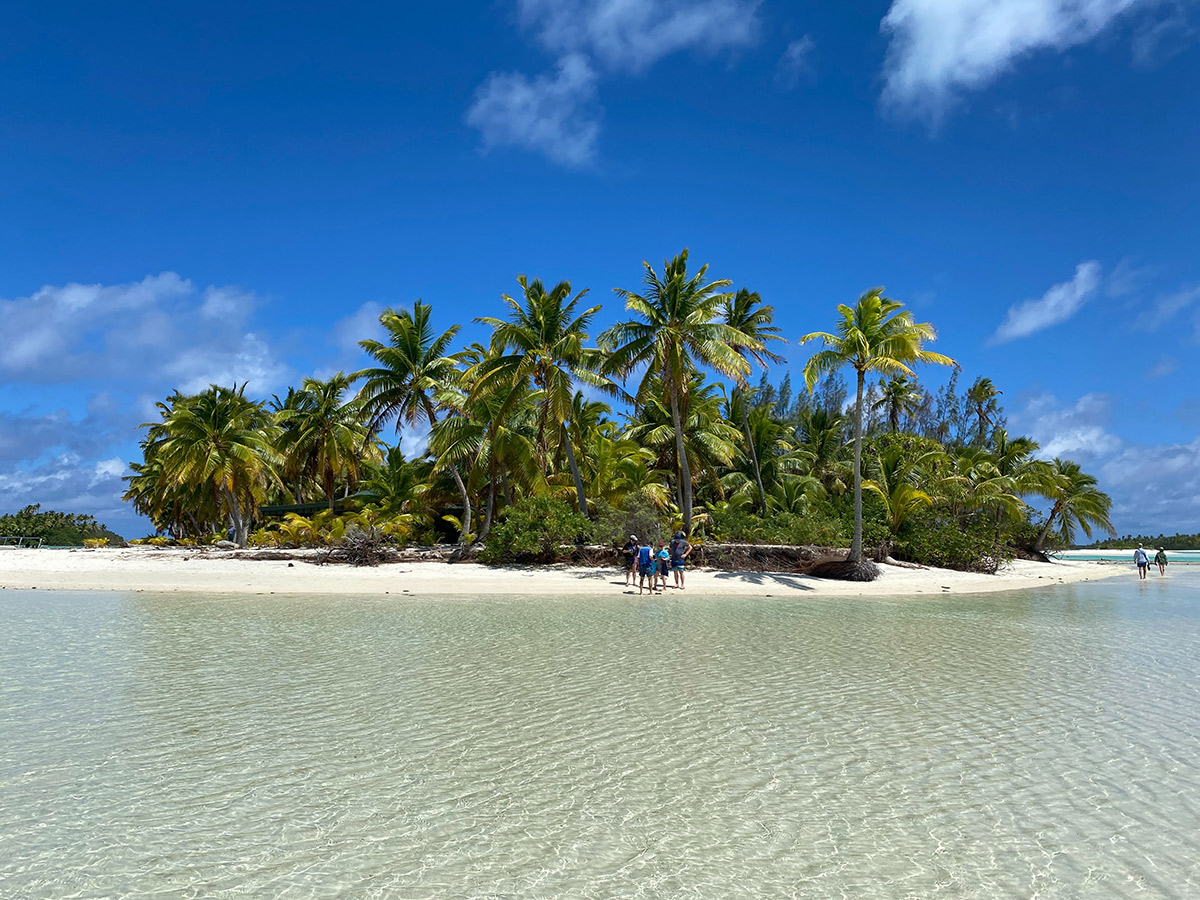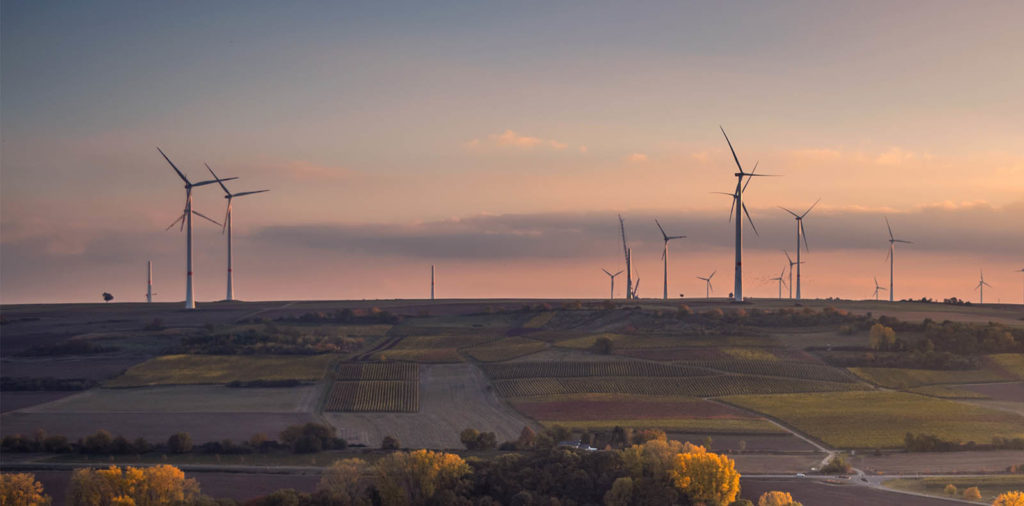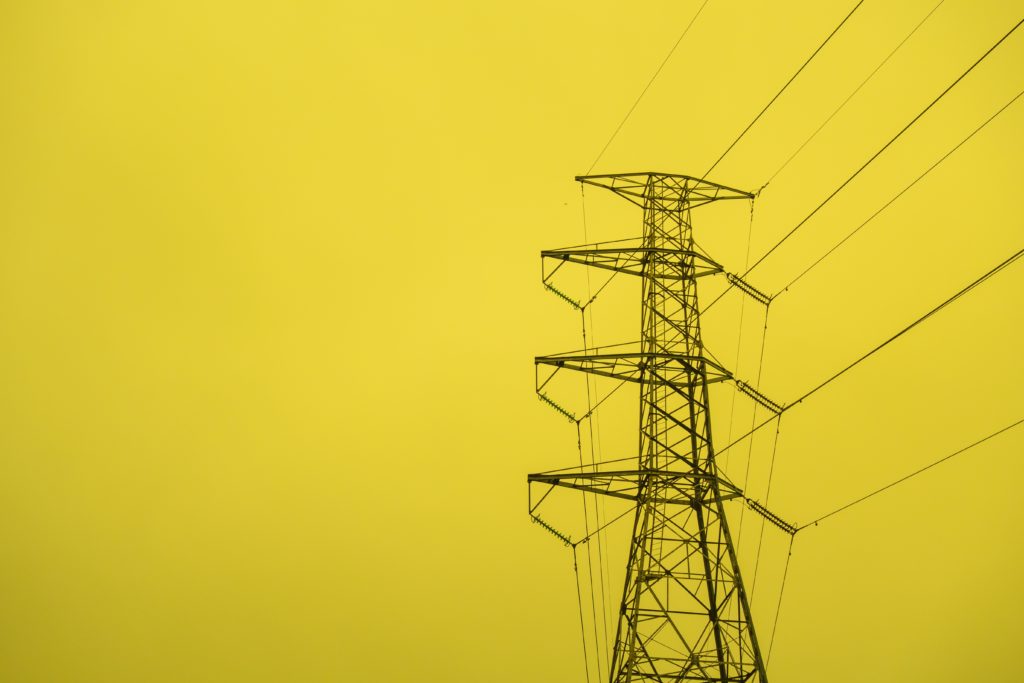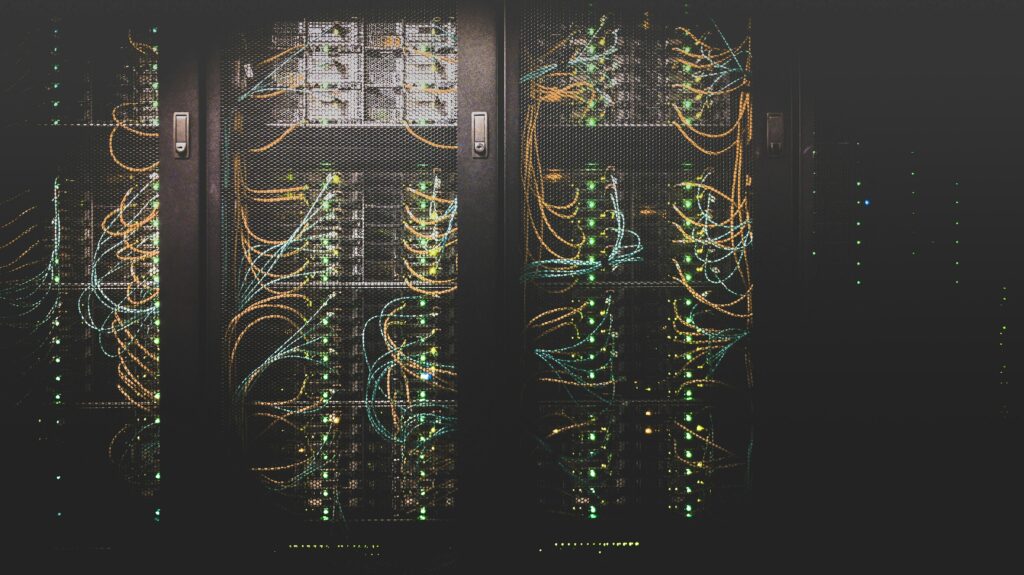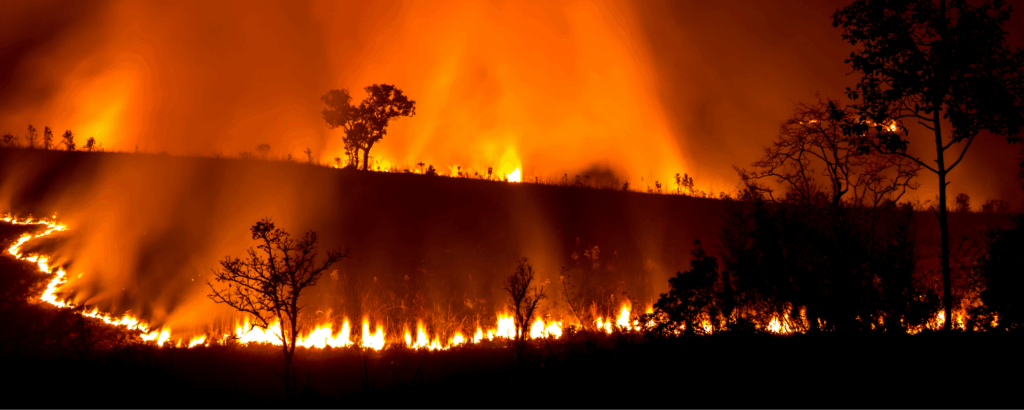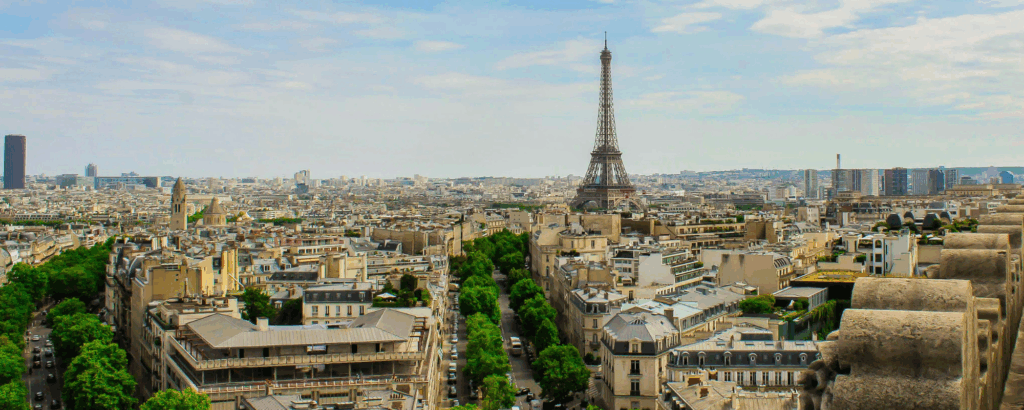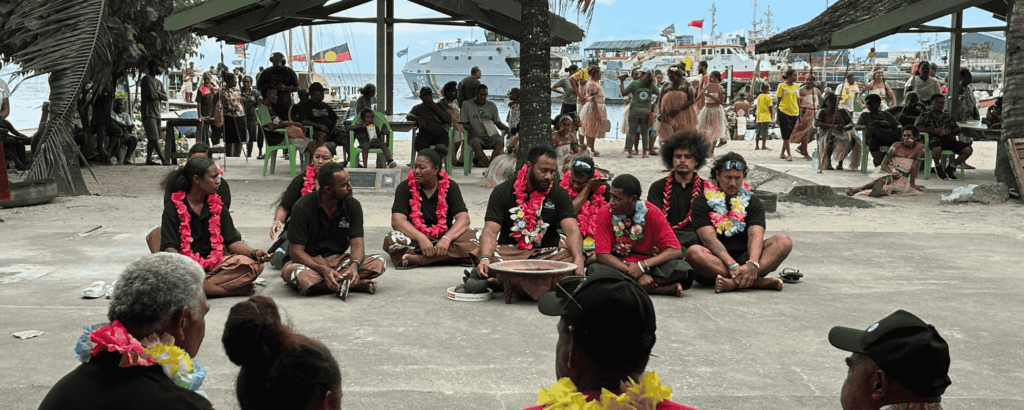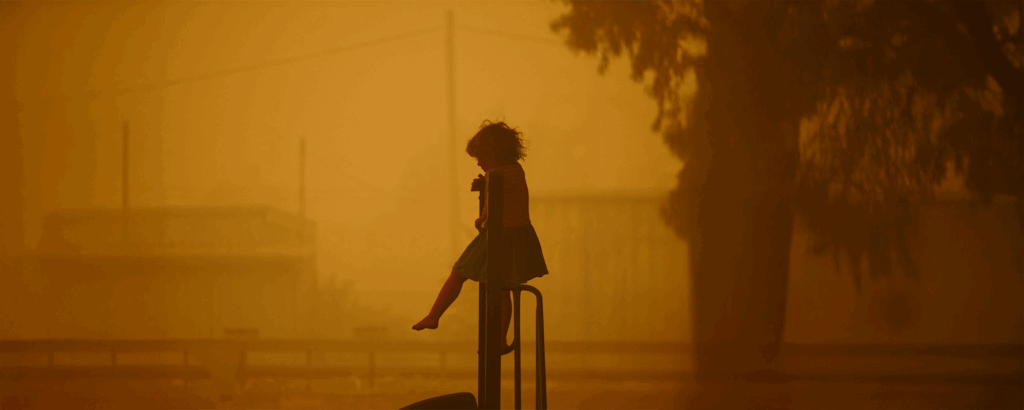The annual Pacific Islands Forum (PIF) is one of the most important – if not the most important – political gatherings in our region. Each year, leaders from across the Pacific come together to discuss shared challenges and opportunities. And there’s no bigger challenge – or opportunity – affecting the region than climate change and the global shift to renewable energy.
For Pacific nations, climate change isn’t a distant risk – it’s an existential threat, here and now. People from Pacific nations are already relocating to Australia, after losing their homes to rising sea levels and extreme weather fuelled by the burning of fossil fuels. With Australia bidding to co-host the UN climate summit (COP31) alongside Pacific nations in 2026, what happens at this year’s PIF will be crucial for securing genuine collaboration with Pacific nations, and for our region’s commitment to tackling climate change.
Why is Australia attending the Pacific Islands Forum?
Australia is a founding member of the Pacific Islands Forum, and works closely with Pacific nations to advance their priorities. Australia is the region’s largest development partner, and plays a significant role in aid, security and economic cooperation.
Australia has a strong interest in remaining the region’s main development partner and security partner of choice. However, in the words of Australia’s Foreign Minister, we are now in a state of “permanent contest” for this position (Wong 2024).
But at the end of the day, Australia’s credibility in the region ultimately hinges on our climate action at home. Pacific leaders have been clear: unless Australia tackles the region’s greatest security threat – climate change – it cannot be seen as a genuine partner.
With COP31 on the horizon, the Pacific Islands Forum is a chance for Australia and Pacific nations to show the world what working together can achieve, strengthening our region’s security as well as our shared future.
How is climate change affecting the Pacific?
Climate change is a shared threat for Australia and countries in our region. From the Solomon Islands to Sydney, communities are being pushed to their limits by worsening heat, bushfires, floods, storms and rising seas.
In the Pacific Islands, accelerating sea level rise, increasingly destructive cyclones, and damage to the marine ecosystems upon which their livelihoods and economies depend, are all issues being faced today.
While they are some of the most vulnerable to the impacts of climate change, Pacific island countries have helped shape global climate action for nearly 50 years. Pacific island leaders have worked tirelessly to ensure that global efforts align with what the science tells us is necessary for their countries’ survival. They have earned a reputation for punching above their weight in global climate action and were instrumental in securing landmark global deals like the Kyoto Protocol and Paris Agreement.
Today, Pacific Island countries are leading a diplomatic campaign for a global phase out of coal, oil and gas, calling for a Fossil Fuel Non-Proliferation Treaty. The World Health Organization, European Parliament and thousands of others have already backed the proposal. And, earlier this year, in a case driven by Vanuatu students, the International Court of Justice declared that tackling climate change is a legal obligation for all nations. These moves show how Pacific nations are shaping global rules, and raising expectations for countries like Australia to follow through.
What is COP31 and what does it have to do with the Pacific Islands Forum?
COP31 is shorthand for the 31st “Conference of the Parties” to the United Nations climate treaty – the world’s biggest climate meeting, where governments from around the world negotiate how they will cut pollution and adapt to the impacts of climate change.
Australia is currently bidding to co-host COP31 in 2026 alongside Pacific nations. The United Nations will make a decision on next year’s host in the coming months. If successful, it will be the largest diplomatic event ever held in Australia and a defining moment for our region.
The Pacific Islands Forum is directly linked to Australia’s bid to co-host COP31. It’s where Pacific leaders can set shared priorities ahead of COP31, ensuring the summit reflects the voices and leadership of the Pacific. For Australia, how we show up at PIF will shape whether we’re seen as a genuine partner in the lead up to COP31.
What do Pacific leaders want to see from Australia?
Pacific leaders are watching closely as Australia sets our 2035 climate target, and they’re calling on the Australian Government to stop approving new polluting fossil fuel projects that are making the climate crisis worse.
If Australia wants to be seen as a credible partner in the region, we need to set the strongest possible 2035 climate target, back it with credible plans and real investment, and commit to phasing out fossil fuels at home. Anything below a 75% cut is not considered credible by Pacific leaders.
Co-hosting the 2026 UN climate talks is a chance for Australia and Pacific nations to show the world what working together can achieve, strengthening our region’s security as well as our shared future.

